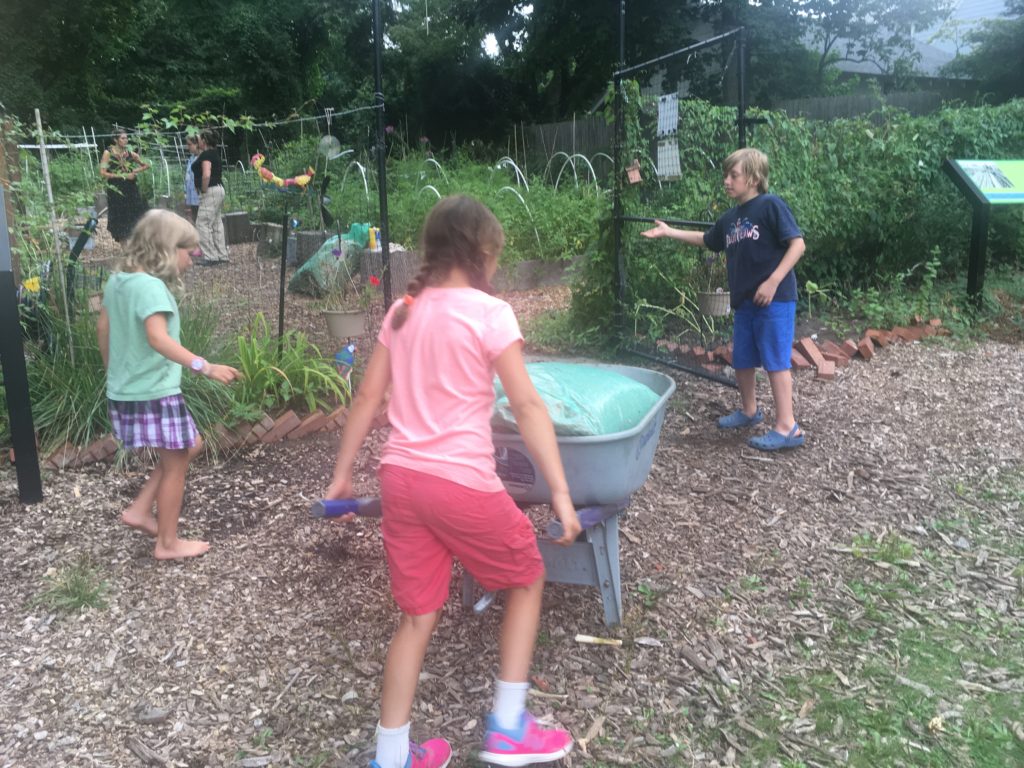Main Content

4-H programs can happen anywhere – rural, suburban or urban areas. Often, these programs will interact with the agriculture industry – even if for a short time or day trip. While it is important for youth to learn more about agriculture, these settings can be a hazardous place for young people.
Agriculture is the only industry where children of all ages may be present at any time – though they may not be working! This puts children at risk of injury or even death. Often, these incidents involve animals and include young people who live and work on farms, as well as youth who are simply visiting a farm for a day trip (which 4-H programs often facilitate). 24 million children make visits to farms every year, according to the National Children’s Center for Rural and Agricultural Health and Safety.
How can 4-H programs – clubs, short-term groups, camps, and field trips – promote safe agricultural practices, especially when project animals are involved? Here are five ways:
- Integrate safety practices into 4-H club learning goals. The traditional 4-H club model provides lots of opportunities to deliver health and safety lessons, regarding animals and other aspects of agriculture. Encourage youth to give public presentations on these topics or to conduct community service by giving talks to other 4-Hers or children outside of 4-H. (See the resources in #4 and #5 for trustworthy information.)
- Set clear expectations during any and all 4-H trips onto farms. 41% of child deaths on farms are related to tractors, according to the National Children’s Center for Rural and Agricultural Health. This statistic includes youth who live on farms or who have parents working on farms; it also includes incidents on farm field trips, hay rides, or other short-term excursions involving youth on farms. If you are bringing a group of youth onto a farm during a 4-H program of any kind, first communicate to youth and their parents that farms are full of equipment that is useful but that can also be dangerous if not treated respectfully.
- No children in farm active work sites. This applies to club meetings, field trips, or any 4-H educational program. If a farm is serving as an active work site, do not host a youth educational program there.
- Share resources with 4-Hers, their leaders, families, and any program participants. CultivateSafety.org has a wealth of resources for keeping youth safe on farms. One useful guide is Creating Safe Play Areas on Farms.
- Read and contribute to AgInjuryNews: AgInjuryNews is a trustworthy source of information on injuries occurring in agriculture, including animal-related injuries and injuries involving youth. This database needs input from your town, county or state. This free resource can help you see the trends in your state and also dispel any myths you may encounter, such as this happens other places but not here.
By Laura Eppinger, Salem County 4-H Agent, Rutgers Cooperative Extension